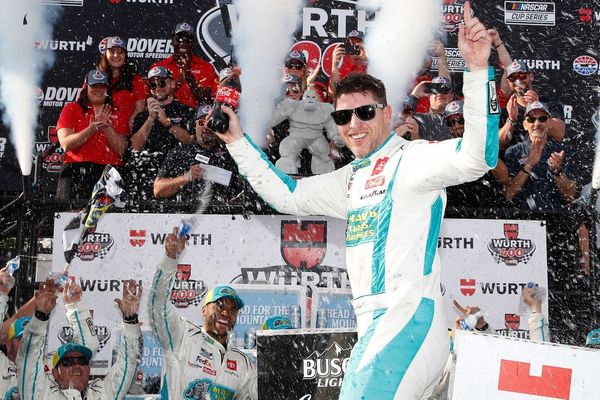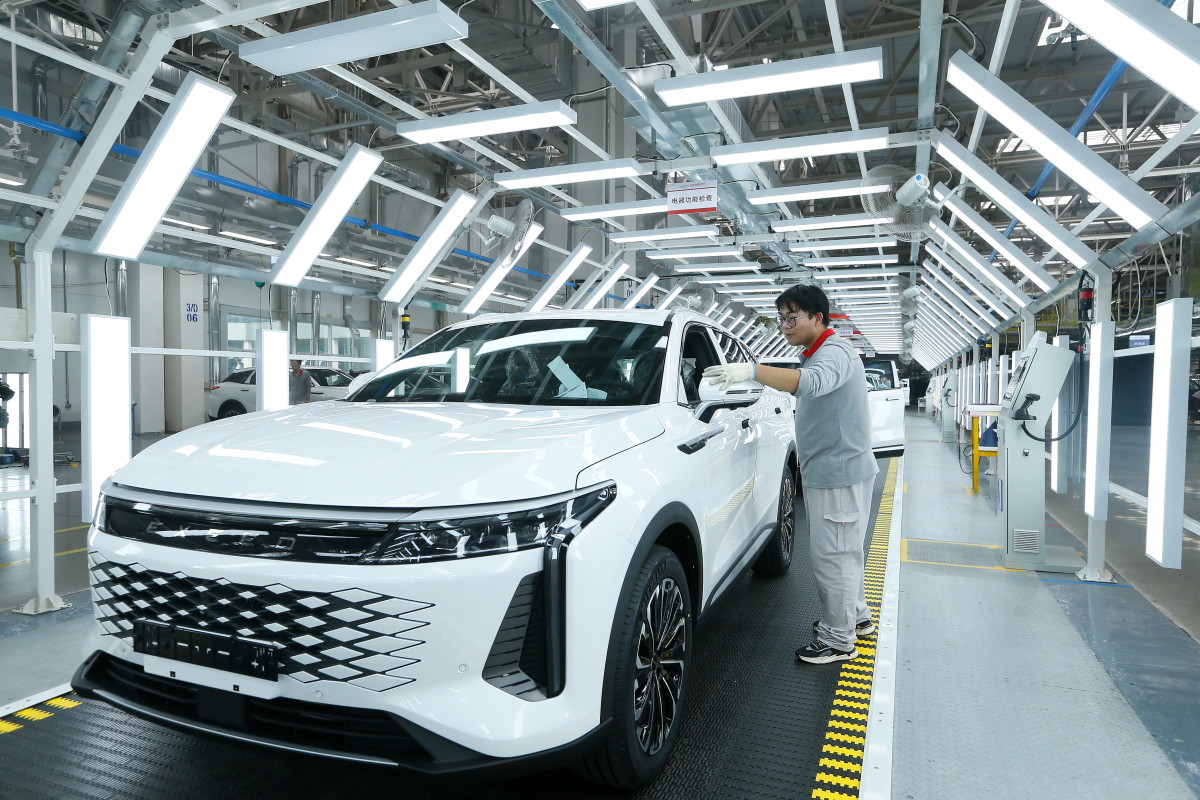
One of the United States’ largest industrial competitors is China. Reminders of this are in everyday consumer items from the computer or smartphone you’re reading this article on, to the shirt on your back, but there is one area that they are dominating in outside the United States.
While the Chinese increase their global market share of electric vehicles, data shows that consumers in the States is struggling to adopt EVs. Caveats like the lack of a robust charging network and, more importantly; the high cost of electric vehicles in the U.S., turns off many buyers before they get a chance to hit the road.
Related: Electric car manufacturers are making a huge mistake that is slowing EV adoption
However, Chinese manufacturers are still confident in the land of the Stars and Stripes, and have a long, drawn out strategy that involves an unlikely player.
Welcome to Mexico?
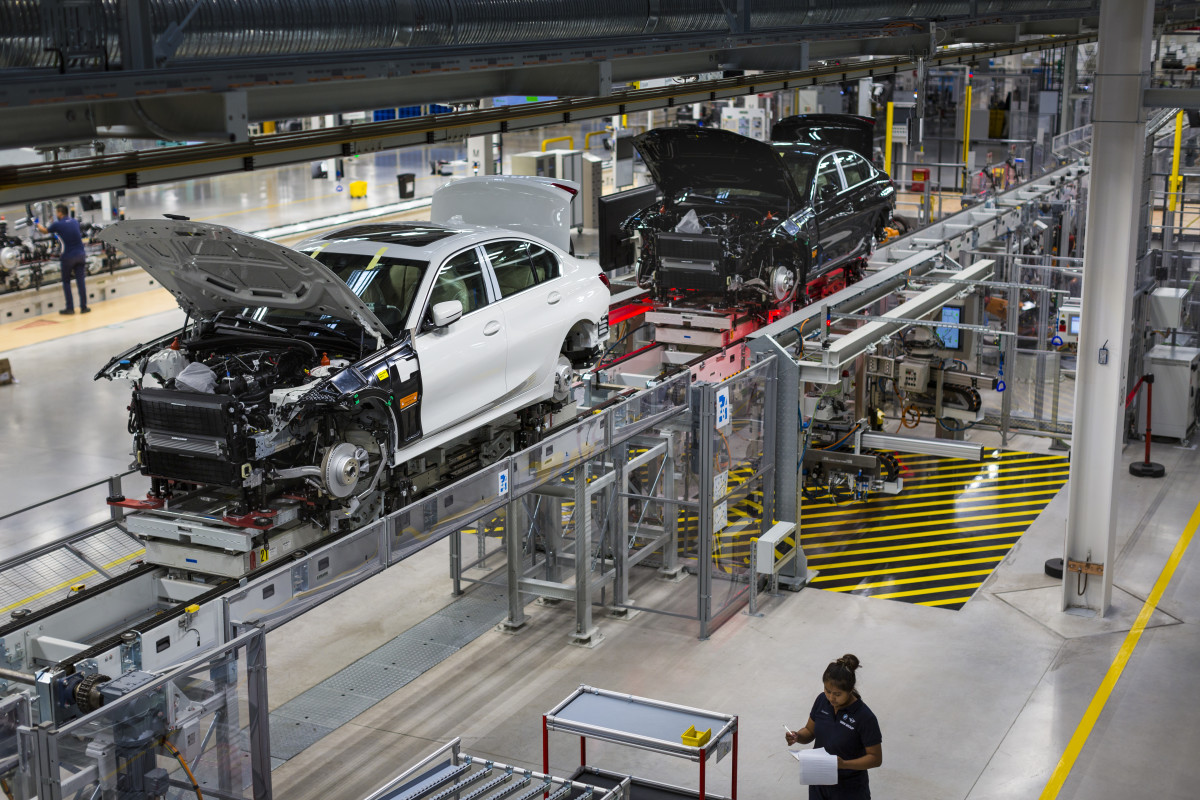
Correspondents from MotorTrend magazine sat down with industry experts, as well as representatives from Chinese carmakers BYD, JAC and Chery to talk about their presence in an important key market outside of the United States: Mexico.
Though it may not make sense why these manufacturers would try to enter the United States through another country, there are special conditions as to why they specifically chose Mexico.
Simply put, Mexico makes a lot of cars for customers in the United States. Many popular cars perceived by the buying public as “all-American built,” such as General Motors' (GM) -) Chevrolet Trax and GMC Sierra, as well as the all-electric Ford (F) -) Mustang Mach-E are all produced south of the border for dealership lots in the States. Even BMW (BMWYY) -) is making its popular 3-series sedan in a Mexican factory for the United States market.
Such a situation is possible because of a controversial, but effective free trade agreement known as the United States-Mexico-Canada Agreement, or the USMCA, signed in 2020. Under the agreement, automakers can import cars tax-free as long as 75% of its parts are built in North America – allowing manufacturers to increase profit margins by lowering their labor costs.
To put the cherry on top, the U.S. Inflation Reduction Act of 2022 allows certain EV’s made in North America to qualify for the full $7,500 federal tax credit, which enables cars like the Mach-E to be built in Mexico.
Currently, the United States imposes a 27.5% tariff on Chinese-made cars of any kind – put in place during the Trump administration, but it wouldn’t stop Mexican-made Chinese cars from crossing the border.
“The Chinese are looking at Mexico as the segue to enter the United States,” César Roy, an experienced Mexican automotive industry analyst told MotorTrend. “It’s a wise commercial plan because with the free trade agreement, they are betting that the North American market will open sooner or later.”
China's role in Mexico's EV future
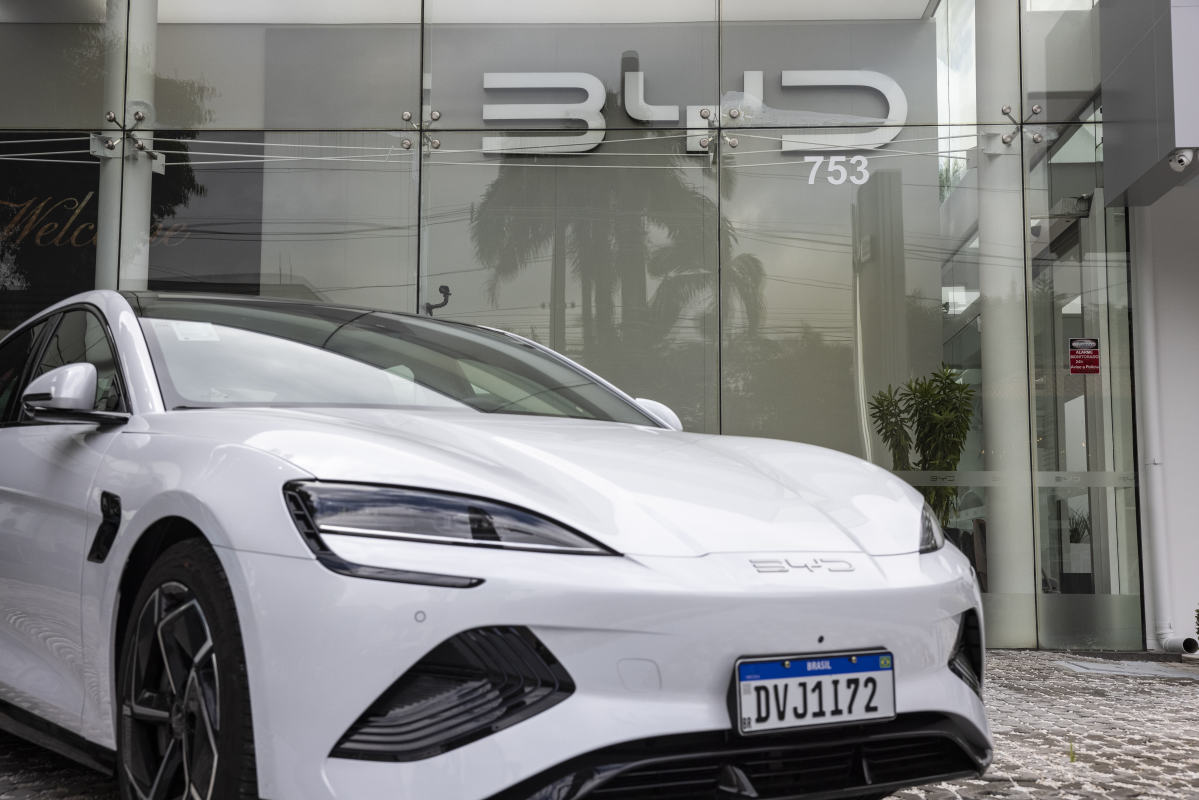
Despite prior qualms with poor product perception, Chinese manufacturers like BYD, JAC and Chery are gaining sales in Mexico because of their attractive design and technology, as well as their competitive pricing in comparison to established names like Honda (HMC) -).
Like the U.S., Mexico’s government has high hopes for EVs, wanting them to be half of all cars sold in the country by 2030. In 2022, EVs and other zero-emission vehicles accounted for just 1% of all new car sales.
With these goals in mind, Chinese manufacturers are eager to share their insight to help fill the gap.
"In China, the new-energy vehicles account for more than 30 percent, which means more than 6 million new-energy vehicles are sold every year," BYD’s president of Mexican operations Ray Zou said. "It's a rapid growth, and we want to share this information and experience with the [Mexican] government to encourage it to build more and more charging infrastructure."
More Business of EVs:
- A full list of EVs and hybrids that qualify for federal tax credits
- Here’s why EV experts are flaming Joe Biden’s car policy
- The EV industry is facing an unusual new problem
In addition, the Mexican Secretariat of Economy indicated that large monetary investments in the country are underway. In 2022, $397 million in direct new investments came to the country from China and is bearing fruit.
According to Emmanuel Loo, the deputy secretary of economic development for the state of Nuevo León, near the border with Texas, said that his state is appealing to automakers producing EVs because of the many suppliers in the region. He anticipates Chinese companies to move in and build factories near rivals like Tesla (TSLA) -), who are building a new Gigafactory near the state capital of Monterrey.
“We're not allowed to say which ones, but we're in talks with several different companies that are going to be producing EVs [here],” said Loo. “Probably in the next year, we're going to have some announcements of new projects coming to the state.”
Hurdles in America
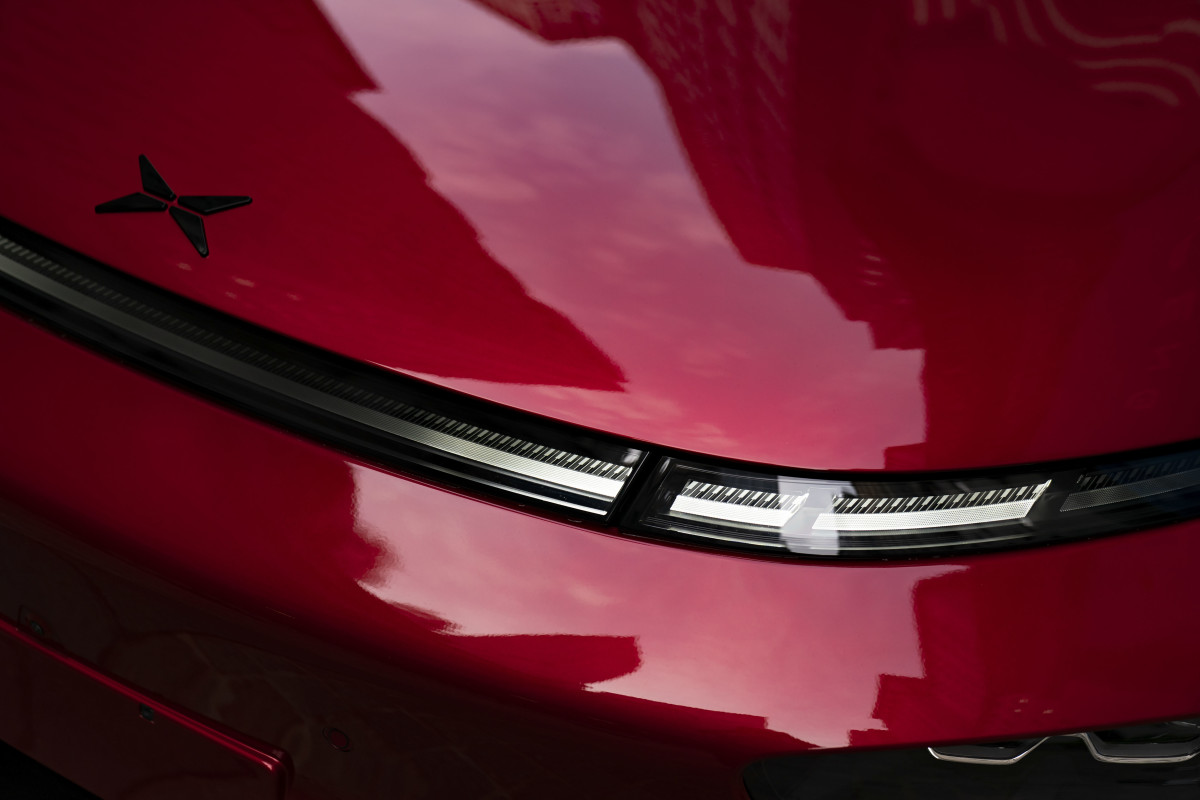
Although Chinese made products do not have the same bad rep in terms of quality, the problem that Chinese manufacturers currently face when selling electric cars in the U.S. is the fact they are Chinese.
David Dollar, a leading expert on U.S.-China economic relations at the Brookings Institute noted that even if countries like Mexico or the EU lead in terms of policy around the adoption of EVs, the layer cake of climate change denial and Sinophobia in the government will make it hard for them to succeed.
"If you find more take-up of new-energy vehicles in places like Mexico or Europe, hopefully that will have an effect on U.S. politics," Dollar said. "But our politics are so complicated. We have some members of Congress who don't want to acknowledge the importance of climate change and the need to transition, and then of course there's a lot of hostility toward China, so I think all those politics are going to remain complicated."
Action Alerts PLUS offers expert portfolio guidance to help you make informed investing decisions. Sign up now.



